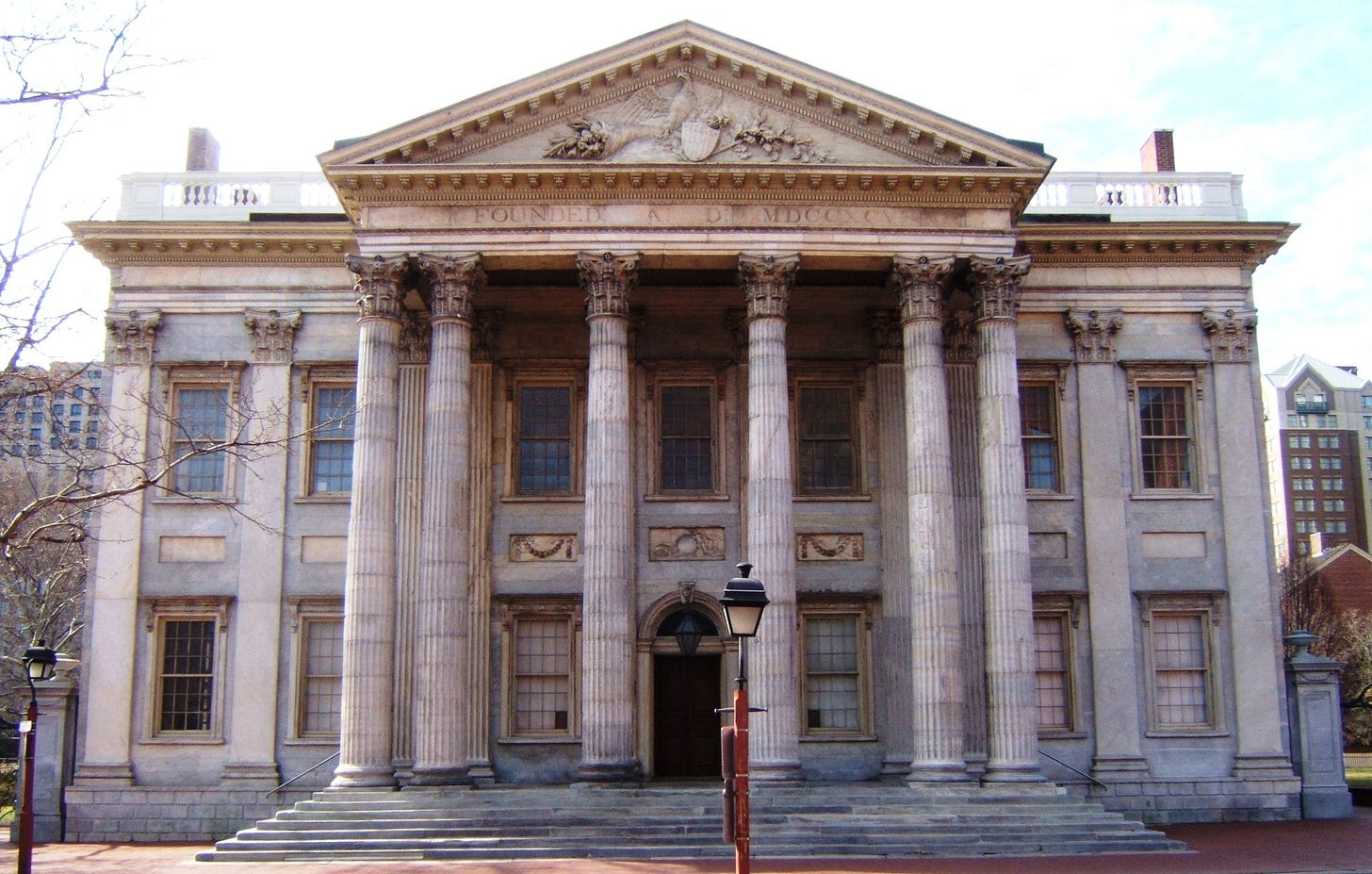
We had the opportunity to sit down with Dr. Mary Bridges, professor, and author of the recently released book Dollars and Dominion: US Bankers and the Making of a Superpower, to discuss how U.S. banks and multinational corporations became key players in global affairs, shaping American power in ways that go beyond traditional state institutions like the State Department. This enlightening conversation dives into the evolution of U.S. multinational corporations and banking systems, particularly focusing on the rise of American financial institutions abroad and their influence in the early 20th century.
Dr. Bridges emphasizes that the presence of U.S. companies operating globally was relatively minimal in the early 1900s, but by mid-century, American multinationals had started to dominate international business. She explains, "In the early nineteen hundreds, that pretty much didn’t exist. There were a handful of U. S. companies operating overseas. But by mid century, we really have the foundations of U. S. multinationals as starting to become dominant players in global affairs." This evolution was intricately tied to banking institutions, particularly branch banks that provided the infrastructure to support U.S. economic power abroad. Dr. Bridges notes, "Banks are the circuitry that get dollars overseas and connect U.S. businesses, in concrete ways to the world."
A central theme of the discussion is how seemingly mundane banking operations, such as those of early 20th-century branch banks, laid the groundwork for sustained U.S. economic influence. Dr. Bridges highlights the importance of focusing on these brick-and-mortar institutions: "It’s not as exciting or like top dollar as the jet-setting bankers doing the big deals, but... looking at the brick-and-mortar institutions... seemed to me a really useful entry point for understanding the kinds of power and economic relationships, and sustained contact that I wanted to understand." One such institution was the predecessor of Citibank, which began acquiring international branches during World War I, creating a global presence that remains significant today.
As the conversation progresses, I wonder why the role of banking is often overlooked in discussions of American democracy and global power. Dr. Bridges responds, "It’s boring. It can be really boring. And I think that can be part of its power." She explains that the technical and complex nature of banking instruments, such as the "Banker’s Acceptance," makes them difficult to understand and thus easy to overlook. "One of the things I really care about, in this book, is to try to make economic concepts, the day-to-day material of banking, more interesting and weirder and bring it back to the kind of granularity that people can really reclaim and talk about and understand the politics that are baked into it."
We then shift to the Federal Reserve's pivotal role in reshaping U.S. banking, particularly after the passage of the Federal Reserve Act in 1913. Dr. Bridges explains how this legislation not only changed the rules for U.S. banks operating overseas but also allowed the Federal Reserve to become a player in the global banking system. She says, "The Federal Reserve Act not only allowed banks to trade in acceptances... the Federal Reserve Bank of New York becomes the largest buyer of acceptances." This involvement by the Federal Reserve, particularly in nurturing markets like the Banker’s Acceptance, played a key role in expanding U.S. financial power globally.
While some argue that the increasing cooperation between banks, big business, and the Federal Reserve has diminished democracy by empowering elites, Dr. Bridges offers a more nuanced view. "It’s a partnership, but who’s involved seems a little bit different at the outset... the market shifts and the players get restricted... And that kind of reinforcement of the elite in charge at the top is part of the gradual trajectory of this infrastructure rather than its initial blueprint." This episode sheds light on how U.S. multinational corporations and banking systems helped shape American power in the 20th century and raises some important questions about the implications of financialization on American democracy today. I urge you to give it a listen or read the transcript.








Share this post